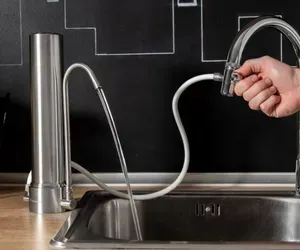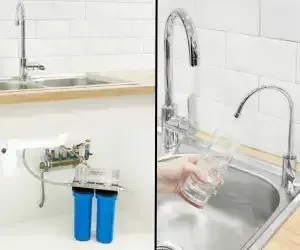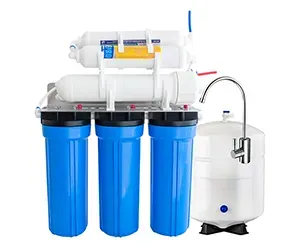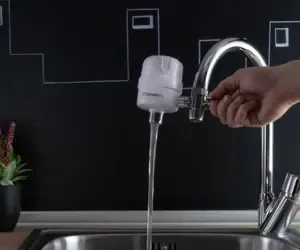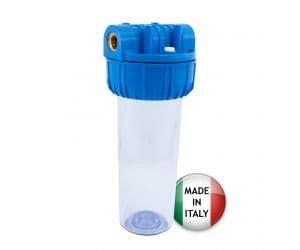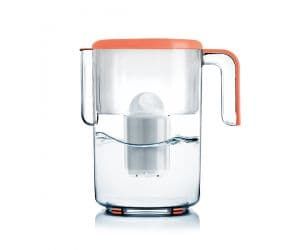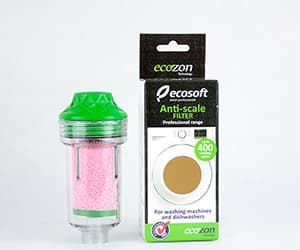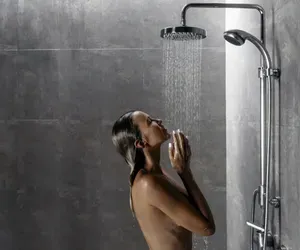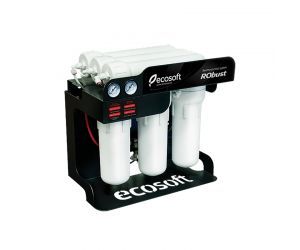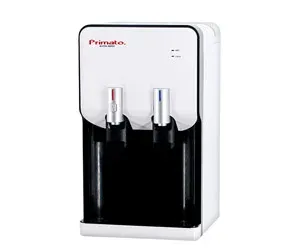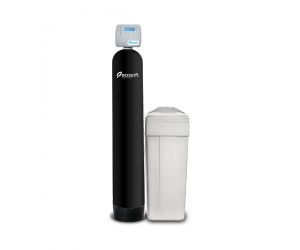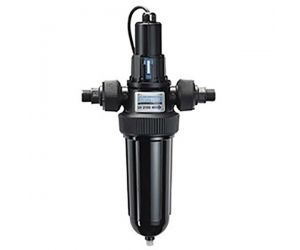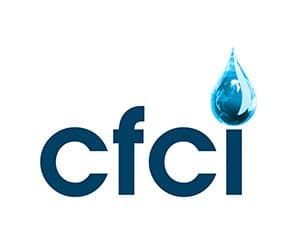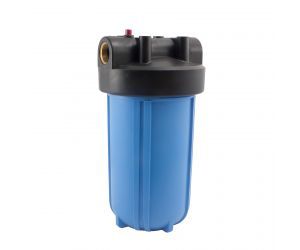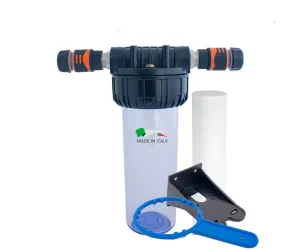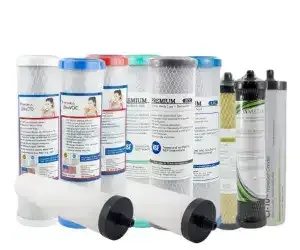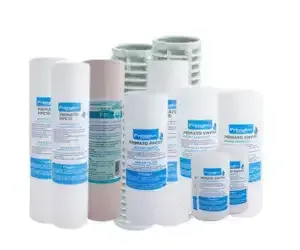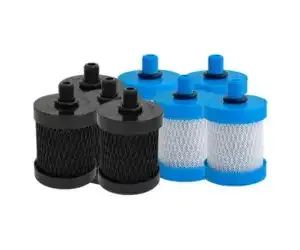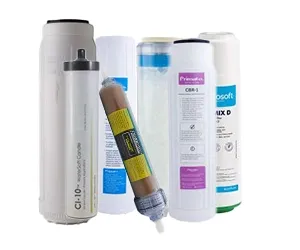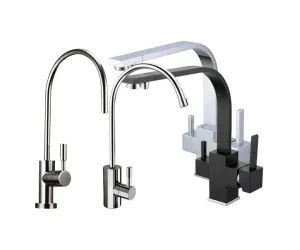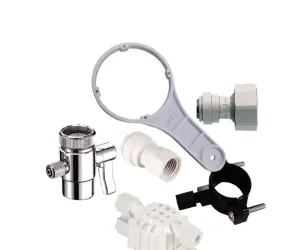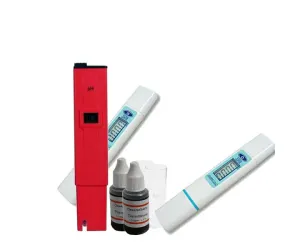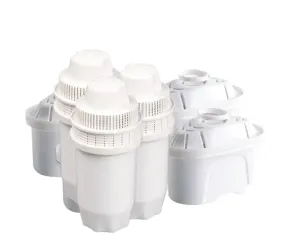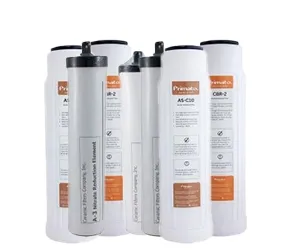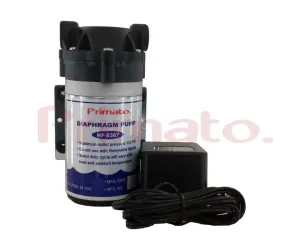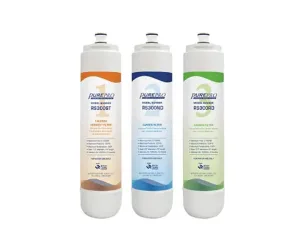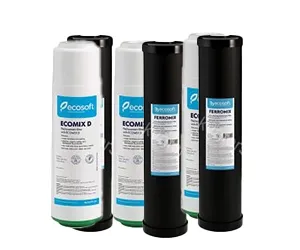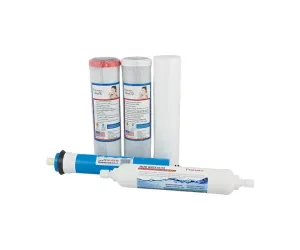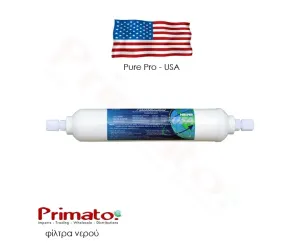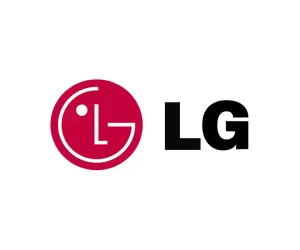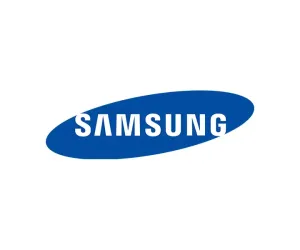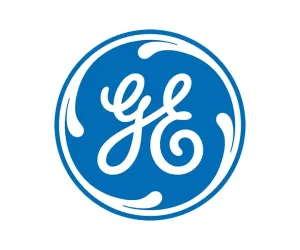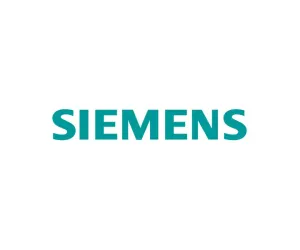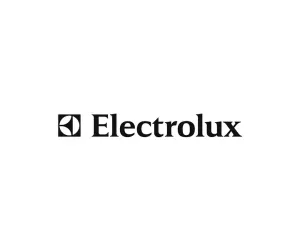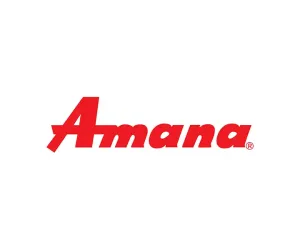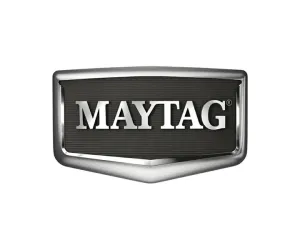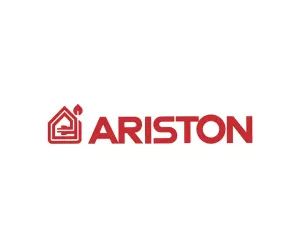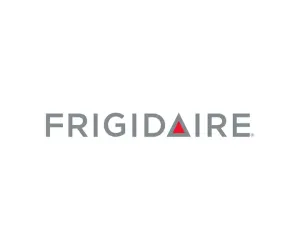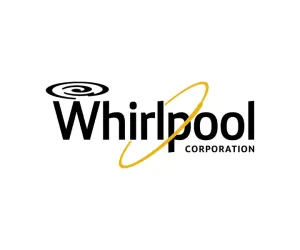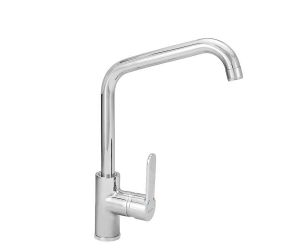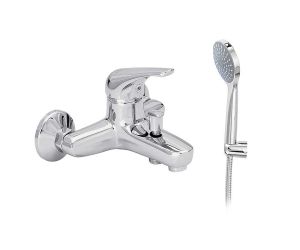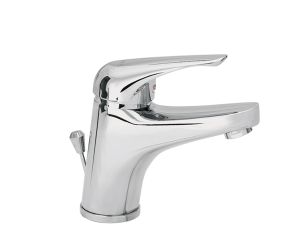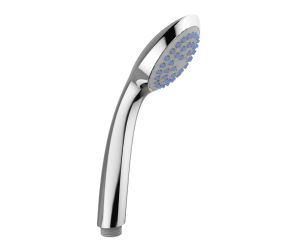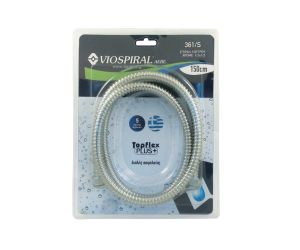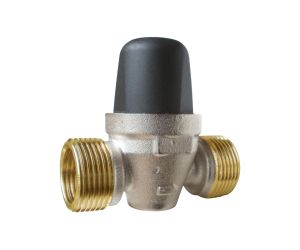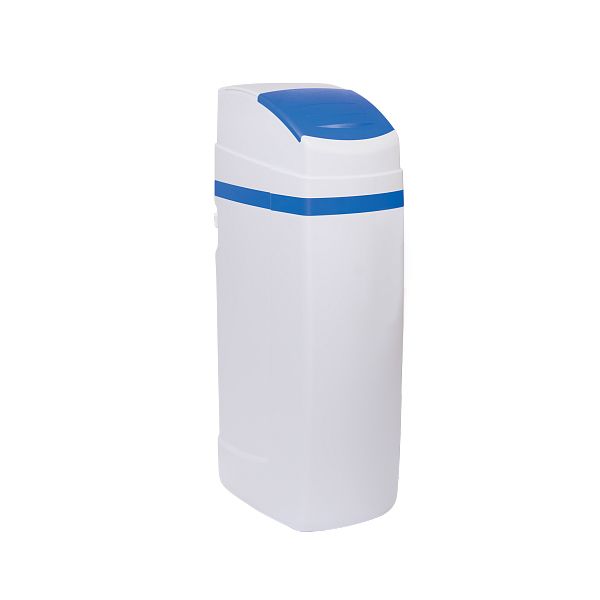Home water softener Ecosoft 120 Premium
- Shipping Cost
Shipping Zones and Costs
Zone A
Cost €4. Free on orders above €50
Countries: Greece
Zone B
Cost €5. Free on orders above €100
Countries: Bulgaria, Cyprus
Zone C
Cost €8. Free on orders above €100
Countries: Romania
Zone D
Cost €15. Free on orders above €100
Countries: Austria, Vatican, Belgium, France, Germany, Denmark, Estonia, United Kingdom, Ireland, Italy, Spain, Croatia, Latvia, Lithuania, Luxembourg, Malta, Monaco, Netherlands, Hungary, Poland, Portugal, Slovakia, Slovenia, Sweden, Czechia, Finland
Zone E
Cost €18. Free on orders above €100
Countries: Albania, Andorra, Bosnia and Herzegovina, North Macedonia, Gibraltar, Guernsey, Greenland, Switzerland, Iceland, Canary Islands, Kosovo, Liechtenstein, Montenegro, Faroe Islands, Norway, San Marino, Serbia, Jersey, Turkey
Zone F
Cost €21. Free on orders above €100
Countries: Egypt, Algeria, United Arab Emirates, USA, Jordan, Israel, Canada, Qatar, Kuwait, Lebanon, Libya, Morocco, Mexico, Bahrain, Oman, Ukraine, Saudi Arabia, Tunisia
Zone G
Cost €24. Free on orders above €100
Countries: Vietnam, Japan, India, Indonesia, Cambodia, China, South Korea, North Korea, Laos, Macau, Malaysia, Maldives, Bangladesh, Bhutan, Brunei, Myanmar, Nepal, Pakistan, Singapore, Sri Lanka, Taiwan, Thailand, Philippines, Hong Kong
Zone H
Cost €30. Free on orders above €100
Countries: Saint Barthelemy, Saint Vincent, Saint Helena, Saint Eustatius, Saint Kitts, Saint Lucia, Saint Martin, Azerbaijan, Ethiopia, Ivory Coast, American Samoa, East Timor, Angola, Anguilla, Antigua, Argentina, Armenia, Aruba, Australia, Afghanistan, Haiti, Vanuatu, Venezuela, Bermuda, Bolivia, Brazil, French Guiana, Georgia, Gambia, Gabon, Ghana, Guam, Guadeloupe, Guatemala, Guyana, Guinea, Equatorial Guinea, Guinea-Bissau, Grenada, Dominica, Dominican Republic, El Salvador, Eritrea, Zambia, Zimbabwe, Iran, Iraq, Kazakhstan, Cameroon, Central African Republic, Kenya, Cayman Islands, Kiribati, Colombia, Comoros, Congo, Zaire, Costa Rica, Cuba, Cook Islands, Curacao, Kyrgyzstan, Lesotho, Belarus, Liberia, Mayotte, Malawi, Mali, Mariana Islands, Marshall Islands, Martinique, Mauritius, Mauritania, Micronesia, Mongolia, Mozambique, Moldova, Montserrat, Barbados, Bahamas, Belize, Benin, Bonaire, Botswana, Burkina Faso, Burundi, Namibia, Nauru, New Zealand, New Caledonia, Nevis, Falkland Islands, Niger, Nicaragua, Niue Islands, South Sudan, South Africa, Honduras, Uganda, Uzbekistan, Uruguay, Palau, Panama, Papua New Guinea, Paraguay, British Virgin Islands, US Virgin Islands, Peru, Puerto Rico, Cape Verde, Reunion Islands, Rwanda, Russia, Samoa, Sao Tome and Principe, Senegal, Seychelles, Sierra Leone, Solomon Islands, Somalia, Northern Somalia, Eswatini, Sudan, Suriname, Syria, Tanzania, Tajikistan, Tahiti, Jamaica, Djibouti, Togo, Tonga, Tuvalu, Turkmenistan, Turks and Caicos, Chad, Trinidad and Tobago, Yemen, Fiji, Chile
In a nutshell...
Water softener Ecosoft 120 PREMIUM
It is manufactured by the German Ecosoft and uses CLACK USA components
It reduces hardness and softens the water in your home
It is ideal for homes
It has a small size
It has 25L ion exchange resin DOWEX®.
Its head and components are from CLACK and are made in USA
Easy head programming with diagrams
It has a 3-year warranty
Simple and detailed instructions for use and installation
Certification CE
The benefits of the water softener
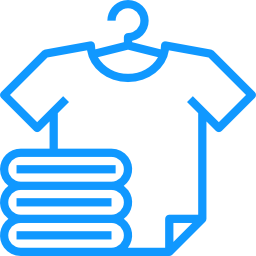
You do not need softener for your clothes as all water in the house is soft. So the clothes come out softer and last longer. You also protect your washing machine from scale and prolong its life
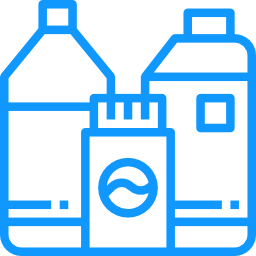
You need significantly less detergent to achieve the same or better results
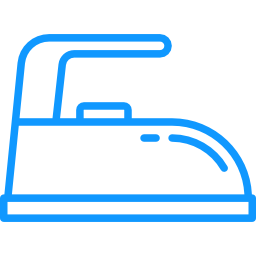
You save energy from the eco function of your electrical appliances, which are now becoming more efficient

You need less shampoo and conditioner for your hair and body. The water will make more foam and will not irritate sensitive skin.
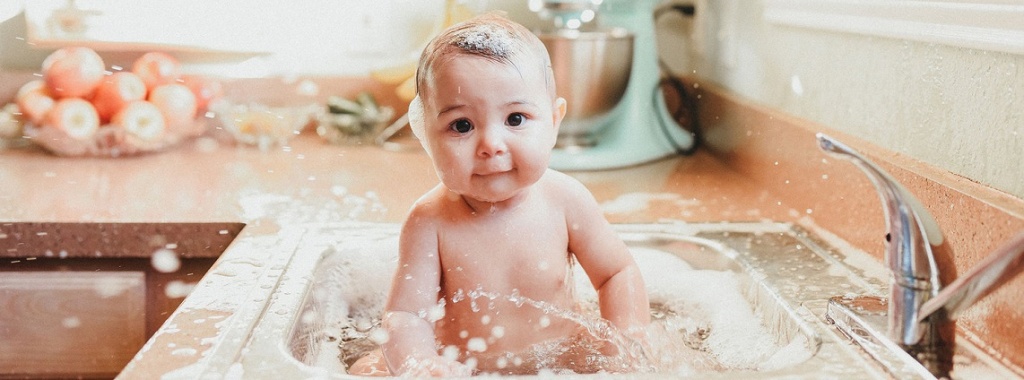
In detail...
How it works
The Ecosoft 120 Premium softener has a material called ion exchange resin. The resin exchanges the magnesium and calcium ions (ie the salts) found in the water with the sodium and potassium that the resin has. At some point, however, the resin is depleted and the softener must be rinsed off with coarse salt to regenerate and "recharge" with sodium and potassium ions. This process is called "regeneration" and it is time consuming. During the regeneration process, the softener cannot provide you with water, so you need to plan to do it at times and days that are convenient for you. You can program the softener from the digital panel it has to regenerate the hours you want or for the liters you want. For example, you can program it to regenerate every 3 days in the early hours of the morning when you don't need water.
Technical characteristics
| Parameter | Value |
| Water flow | 2 m3 per hour |
| Resin volume | 25 L |
| Water consumption in every regeneration | 0.25 m3 |
| Duration of regeneration | 80 - 110 min |
| Pressure reduction during repairs | 0.5 bar |
| Operation pressure | 2 - 6 bar |
| Electricity supply | 230 V, 50 Hz |
| Electricity consumption | 30 W |
| Pipe cross section | 1" inch |
| Net weight | 40 kg |
| Dimensions (length, depth, height) | 35x52x113 cm |
| Central operating valve | Clack WS1 СЕ (USA) multifunctional control valve |
| Filtration medium | Dowex ion exchange resin (Dow Chemical, USA) |
Regeneration programming with the digital panel
When the resin will run out and need regeneration depends on two factors: the hardness of your water and the amount of resin the softener has. The more liters of resin you have, the rarer you will need to regenerate. The harder your water, the more often it will need regeneration. This softener has 25L of resin. So, if you know the hardness of your water, you can very easily find out when the resin will run out and so you can programming your softener accordingly.
If you do not know the hardness of your water, then you can get a special hardness meter. See here our hardness meters. If you do not want to buy a hardness meter then you can ask the municipality or your water supplier if it is private.
Once you find out the hardness of your water, you need to insert this information to the softener through the digital panel. After updating it concerning the hardness, you should then program it to regenerate the hours and days that are convenient for you. After this setting, the softener works automatically and you never need to do anything other than periodically fill the softener with coarse salt.
You can use the following formula to set up the softener correctly:
1 L of resin at 20 German degrees of hardness produces 120L of desalinated water.
Example: You are on an island and you are buying a softener. You measure the hardness and find it 40 degrees German. This means that one liter of resin will produce 60 liters of desalinated water (half of 120 because the hardness is doubled). If your softener is 10 liters, then you know that the softener will produce a total of 600 liters of desalinated water. Then it will need to regenerate. So, after calculating how many liters you need for your home per day, you can program the softener to regenerate just before it reaches 600 liters.
Of course, you can simply measure the hardness and call us on +30 2310 383 588 so that we calculate exactly how many liters of water your softener will produce.
General information on water hardness
Water hardness is measured in mg/l or parts per million (ppm), as well as in French, German or English degrees.
1 ppm = 0,1ºf (french degrees) = 0,0556 ºd (german degrees) = 0,07 ºe (english degrees). Therefore, 1ºf (french degree) = 10 ppm.
If we divide the ppm of water by 10, then we have the degrees of water hardness with a very small deviation of 2-3 ºf of french degrees.
You can measure the conductivity of your water with a conductor that measures it in ppm (parts per million). Consult the following table so as to find out how soft or hard is the water in your area:
| ppm | μS/cm | f (french degrees) | Water characterization |
| 0-70 | 0-140 | 0-7 | Very soft water |
| 70-150 | 140-300 | 7-15 | Soft water |
| 150-250 | 300-500 | 15-25 | Slightly hard water |
| 250-320 | 500-640 | 25-32 | Rather hard water |
| 320-420 | 640-840 | 32-42 | Hard water |
| >420 | >840 | >42 | Very hard water |
